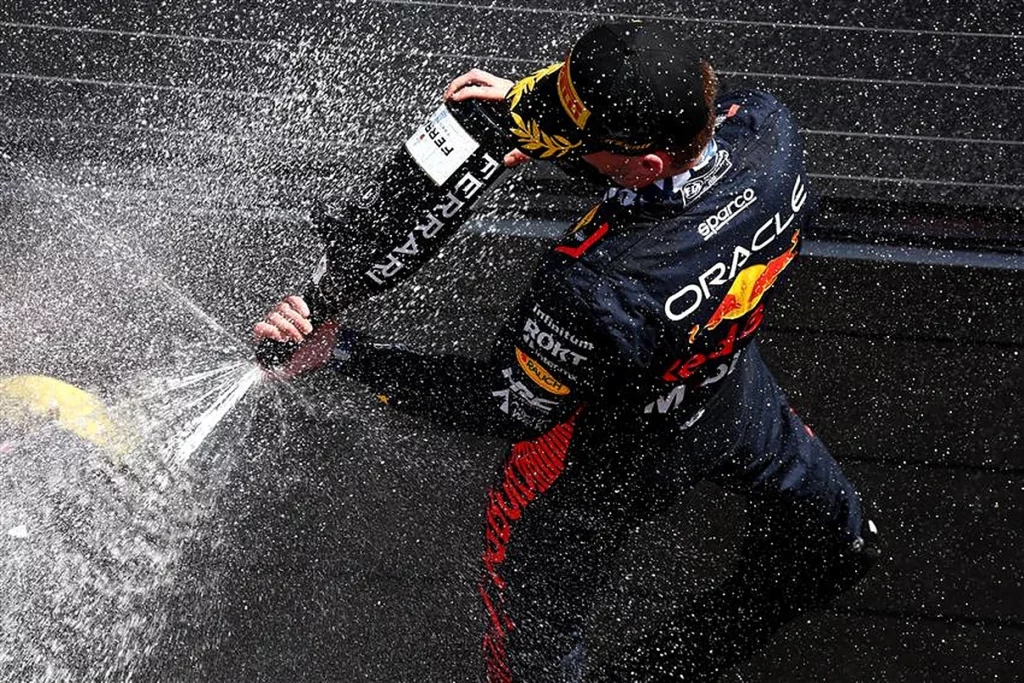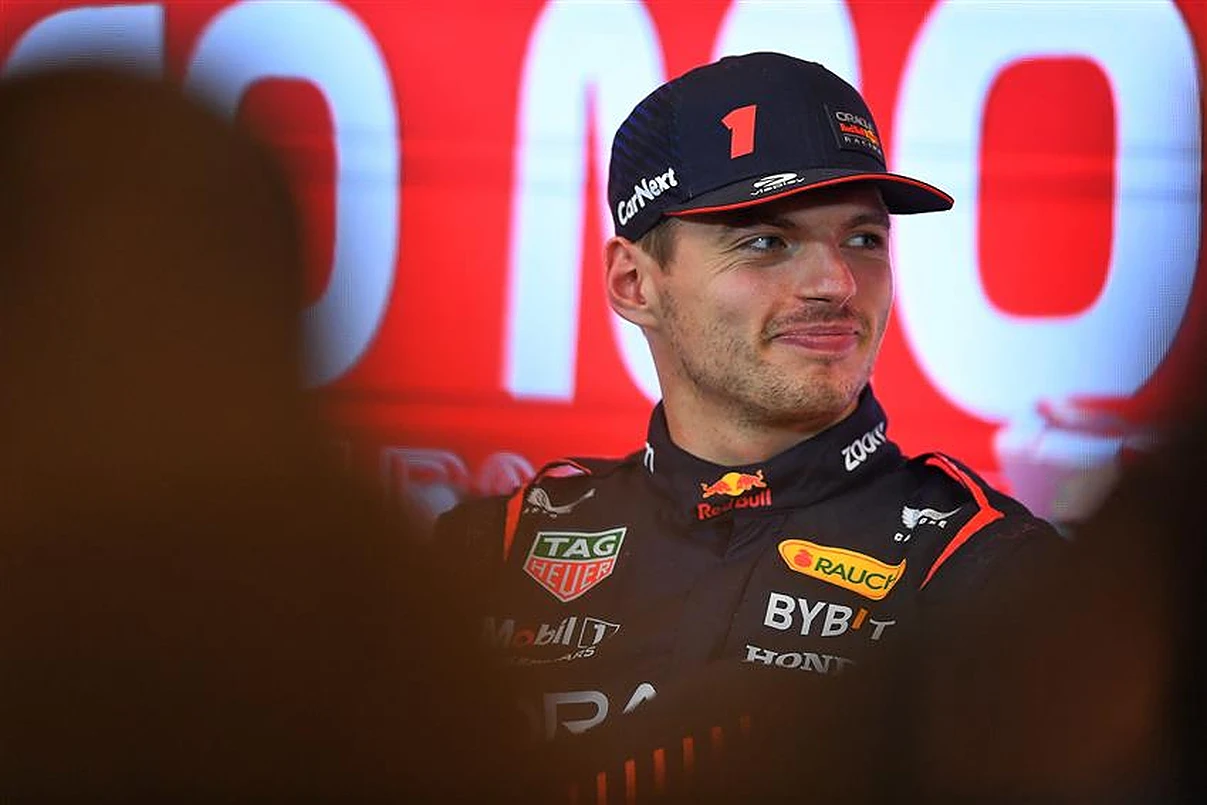In the 2023 Formula 1 season, Max Verstappen’s Red Bull Racing team has established an iron grip on the sport, securing all but one grand prix victory.
With both the drivers’ and constructors’ championships already secured and five races to go, the extent of their dominance has left fans somewhat disengaged.
A recent report from social intelligence company Buzz Radar highlighted a significant decline in social media engagement, indicating a loss of excitement in the season.
This drop in enthusiasm for the 2023 season has led to suggestions that Formula 1’s governing body should step in to level the playing field and enhance the entertainment factor for the following year.

Want to work in Formula 1? Browse the latest F1 job vacancies
However, FIA President Mohammed Ben Sulayem is open to such ideas only if they ensure fairness for all competitors and refuses to consider any actions aimed at artificially restraining a team’s success.
Sulayem points out that domination in Formula 1 is not a new phenomenon, recalling instances involving legendary drivers like Lewis Hamilton and Michael Schumacher.
He emphasises that penalising success is neither fair nor just, and he is willing to explore any suggestions that can maintain a democratic approach without unfairly targeting any specific team or driver.
Sulayem states, “I’m open for suggestions if you think that there is a way to be fair and to be democratic, and not to just punish Max and his team or any other team.
“We’re all ears here really. But I’m stuck like you.
“There’s no way that the FIA will punish success, and it [one driver dominance] has happened before twice in my time.”
While the FIA is unwilling to intervene in ways that manipulate the outcome, they are actively looking at methods to enhance overtaking for the 2025 season.
The 2022 ground effect regulations were introduced with the goal of making it easier for cars to follow each other closely. However, their effectiveness has diminished since their implementation.
Nikolas Tombazis, the FIA’s head of single-seater matters, acknowledges that team efforts to improve performance have negatively impacted raceability, leading to the exploration of potential car tweaks.
He explains, “If we take the 2021 F1 cars, based on being two lengths from the car in front, they were losing more than 50% of the [aero] load.
“With the 2022 single-seaters, there was only a 20% reduction in load. But now we are at about 35%. Surely there has been a worsening.”
One of the factors contributing to this decline in effectiveness is the teams’ mastery of out-wash characteristics, which diverts disturbed airflow away from the car to reduce drag.
While this has improved individual performance, it has made it more challenging for other cars to follow closely.
Sulayem acknowledges that teams are pushing the boundaries, forcing the FIA to respond, but he views this as a positive development.
He notes, “They’re getting smarter, but we have to be smarter than them.
READ: Sergio Perez comments on announcing retirement at Mexican GP
“It is a good thing they are because they are making the level higher for us.
“Honestly, if they didn’t, we’ll be sitting there, like [stuck] on E5 fuel when it comes to emissions.
“We would become lazy, and we would become not creative, and there would be no challenge.”

